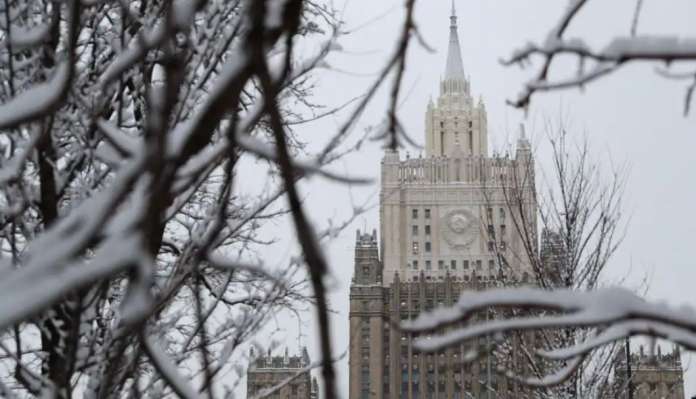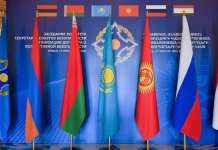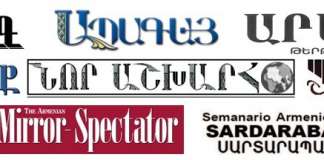Russia said on Friday, January 26, 2024, that it has again invited Armenian Foreign Minister Ararat Mirzoyan to visit Moscow to discuss a potential peace treaty between Armenia and Azerbaijan. “Ararat Samvelovich Mirzoyan was invited to Moscow for consultations on issues of the peace treaty many times, starting from last September,” said Maria Zakharova, the Russian Foreign Ministry spokeswoman. “Among other things, that was discussed during bilateral contacts at various levels. The last signal was sent to Yerevan literally a few days ago.” In recent months, Moscow has repeatedly offered to host high-level Armenian-Azerbaijani peace talks as it sought to sideline the West and regain the initiative in the negotiation process. The Russian Foreign Ministry rebuked the Armenian leadership last month for ignoring these offers. It warned that Yerevan’s current preference of Western mediation may spell more trouble for the Armenian people. On January 17, a senior Russian diplomat urged Armenia to agree to resume Russian-mediated negotiations with Azerbaijan based on earlier understandings reached by the leaders of the three countries. Foreign Minister Sergei Lavrov said the following day that unlike Yerevan, Baku is ready to sign the peace treaty in Russia.
“I have not heard such an assurance from the Azerbaijani side either during closed meetings or publicly,” Mirzoyan told reporters earlier this week. “If Sergei Lavrov claims so, maybe he has some reason to make such a claim.” The chief Armenian diplomat did not clarify whether his government is ready for peace talks hosted by Russia now that the Azerbaijani side objects to U.S. and European Union mediation. Russian-Armenian relations have steadily deteriorated since the 2020 war in Nagorno-Karabakh, with Yerevan accusing Moscow of not honoring security commitments to its longtime regional ally. Azerbaijan’s recapture of Karabakh only added to those tensions. Zakharova insisted on Friday that Russia remains Armenia’s ally, having made a “decisive contribution to preventing an even more difficult situation and, one can even say, the defeat of Armenia.”
















